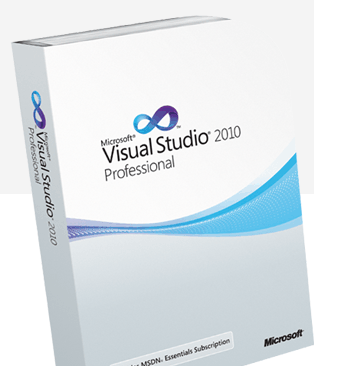| C++ catches up in the next Visual Studio |
| Written by Mike James | |||
| Thursday, 25 August 2011 | |||
|
Microsoft has outlined the sorts of improvements we can expect in the next version of Visual Studio - and there seems to be lots for the C++ developer to look forward to. If you are a C# or VB programmer and happen to stray into C++ using Visual Studio (2010) then you will be shocked to discover how primitive the IDE is for this supposedly equal member of the team - especially if you try to use it to create a managed code application. Of course C++ has always lagged behind on the managed code front due to technical difficulties; it has only just acquired a Forms designer and still hasn't got a WPF designer. Now Microsoft, in the form of a blog post by Sumit Kumar (Program Manager VC++), outlines the sorts of improvements we can look forward to in the next version of Visual Studio. It adds to the idea that, after so long in the wilderness, C++ is coming home. The list of enhancements isn't incredibly impressive but welcome even so. First off the usual colorization of keywords is being extended to types, enumerations and macros and you can customize the color assignments. When you place the cursor over a symbol, reference highlighting will mark out all the other occurrences of the symbol in scope and you will be able to navigate to them using custom keys. You can also expect automatic Intellisense prompting of the member list of a class and the list will reduce as you type characters that narrow the choice. There is no word on whether Intellisense prompting will be extended to managed C++, at the moment is simply isn't available. You will also be able to use code snippets to enter blocks of code into your program. Finally new solution explorer will be a cross between a file explorer and a class explorer - showing which classes are defined in each file.
Overall the list of improvments is welcome but not what most C++ programmers really want - for example see MSDN. The main complaint is that the interface is slow and often cluttered and illogical - although how much of the awkwardness of the interface comes from just being slow is debatable. The implication is that Visual Studio is the way it is because of its adoption of WPF for its UI and, after all, what self-respecting C++ programmer would use WPF in an application? It is as if the C++ programmers of the Microsoft world have been suffering under the yoke of managed code, and WPF in particular, and simply want a return to native code. If C++ does become the center of a "native code" revival at Microsoft it is going to be increasingly difficult to justify the fact that the next and subsequent versions of Visual Studio are managed WPF code. More Information
If you would like to be informed about new articles on I Programmer you can either follow us on Twitter or Facebook or you can subscribe to our weekly newsletter.
|
|||
| Last Updated ( Thursday, 25 August 2011 ) |

